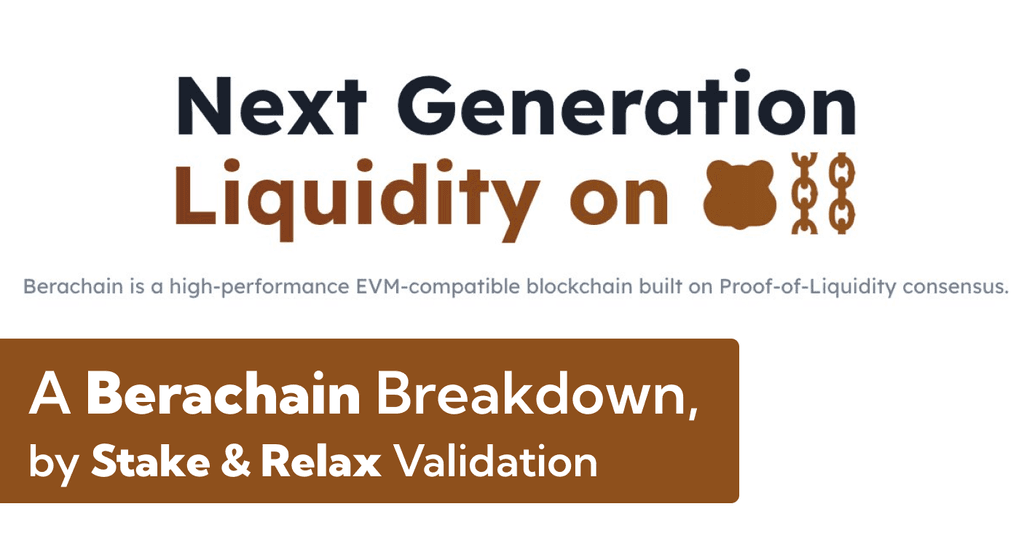What is Delegated Proof of Stake (DPoS)?
Delegated Proof of Stake (DPoS) is a consensus algorithm designed to improve the efficiency and scalability of blockchain networks by streamlining the process of block validation. In DPoS, token holders do not directly participate in validating transactions. Instead, they vote for a smaller set of representatives or validators, who are responsible for confirming transactions and maintaining the blockchain.
DPoS was first conceptualized by Dan Larimer in 2014 and implemented on the BitShares blockchain. It has since been adopted by other prominent blockchain networks, including EOS, TRON







